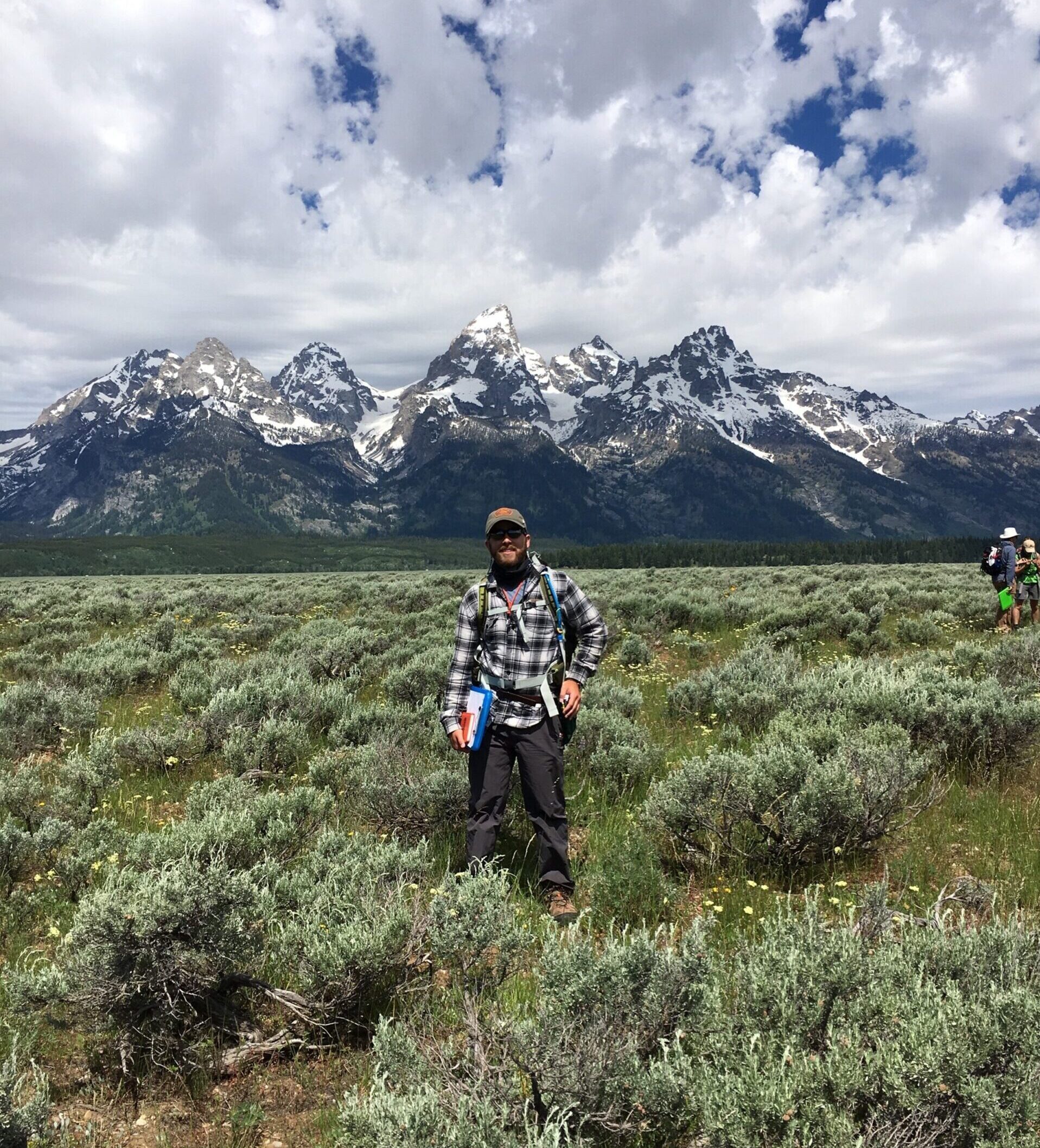Student Highlights: Cole Messa
— MEET COLE —
Class: Graduate
Major: Geology
Cole Messa was born and raised in Doylestown, PA, a northern suburb of Philadelphia. He completed his B.A. in Political Science (2016) and B.S. in Geosciences (2018) at Penn State University in University Park, PA. Although initially intending to embark on a law degree following completion of his undergraduate work, Cole quickly changed course and opted to pursue a career more suited for his love of the outdoors and a desire to understand the story of Earth.
In 2018, Cole moved to Laramie and began his Ph.D. in Geology at the University of Wyoming, advised by Dr. Ken Sims in the Department of Geology & Geophysics. Cole lives with his wife, Rachel, and their dog, Maui. In his free time, Cole is an avid skier, mountain biker, and fly fisherman.
— COLE’S RESEARCH —
Cole’s doctoral research focuses on utilizing isotope geochemistry (i.e., minor variations in a rock’s chemical signature) to answer questions regarding the formation and evolution of basaltic lava flows, a darkly-colored volcanic rock, associated with the Yellowstone supervolcano. Yellowstone’s basalts are thought to play a pivotal role in providing the heat and material necessary to power the supervolcano and its caldera-forming eruptions, the last of which occurred approximately 630,000-years-ago.
Still, many questions remain unanswered regarding how these basalts are generated in the Earth’s mantle, how frequently basalts are erupted throughout Yellowstone’s history, and what kinds of regional rocks these basalts interact with on their way to the surface. By measuring the isotopic signature of various basaltic lava flows from throughout the Yellowstone area, the source of these lavas and their contaminants can be determined. Also, by creating a better timeline of basaltic lava flows, Cole hopes to provide the scientific community and general public with an up-to-date forecasting model for Yellowstone’s volcanic eruptions.
ABOUT STUDENT HIGHLIGHTS
Every year, we award fellowships to graduate and undergraduate students attending the University of Wyoming or one of Wyoming’s community colleges in order to provide them with the opportunity to do “real” research. Occasionally, we feature one of these students and their research on this blog. For more information about our student fellowships, visit our College Programs page.



